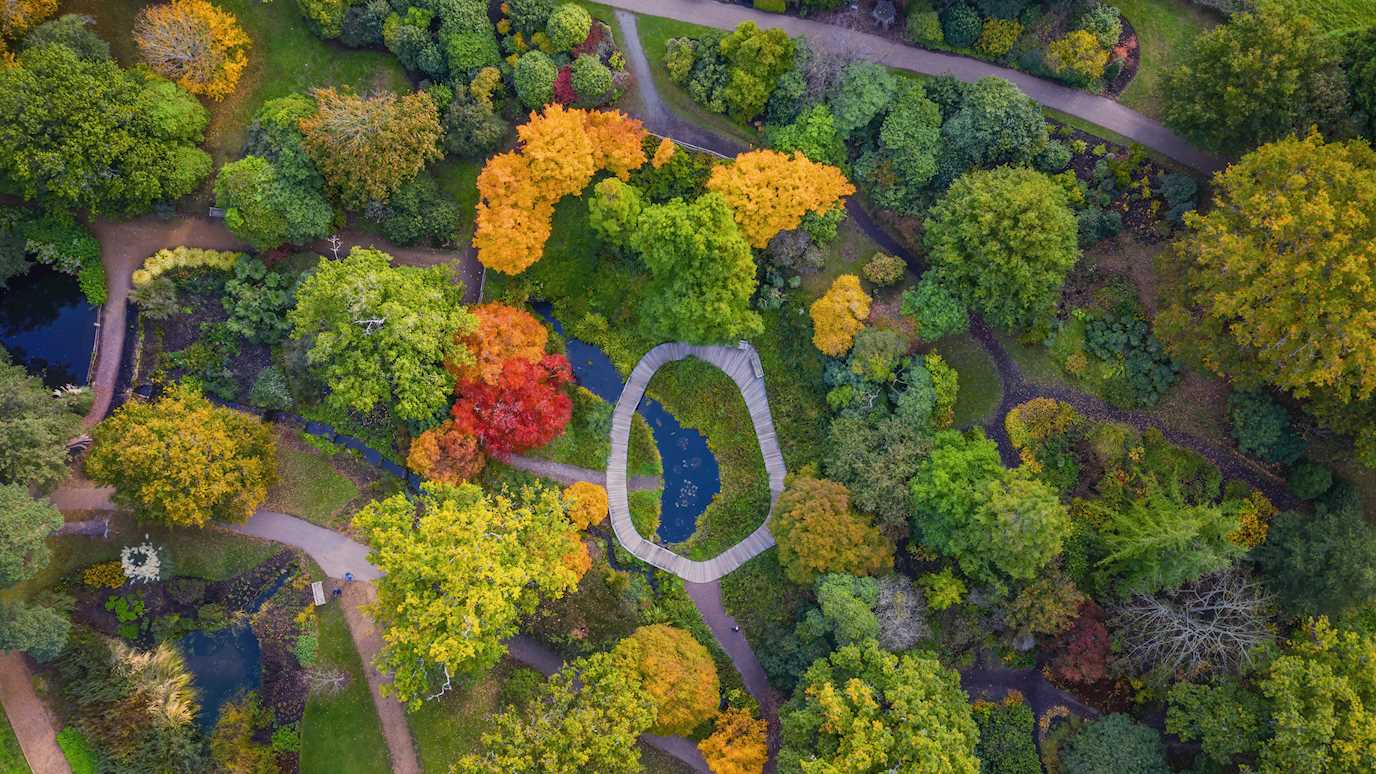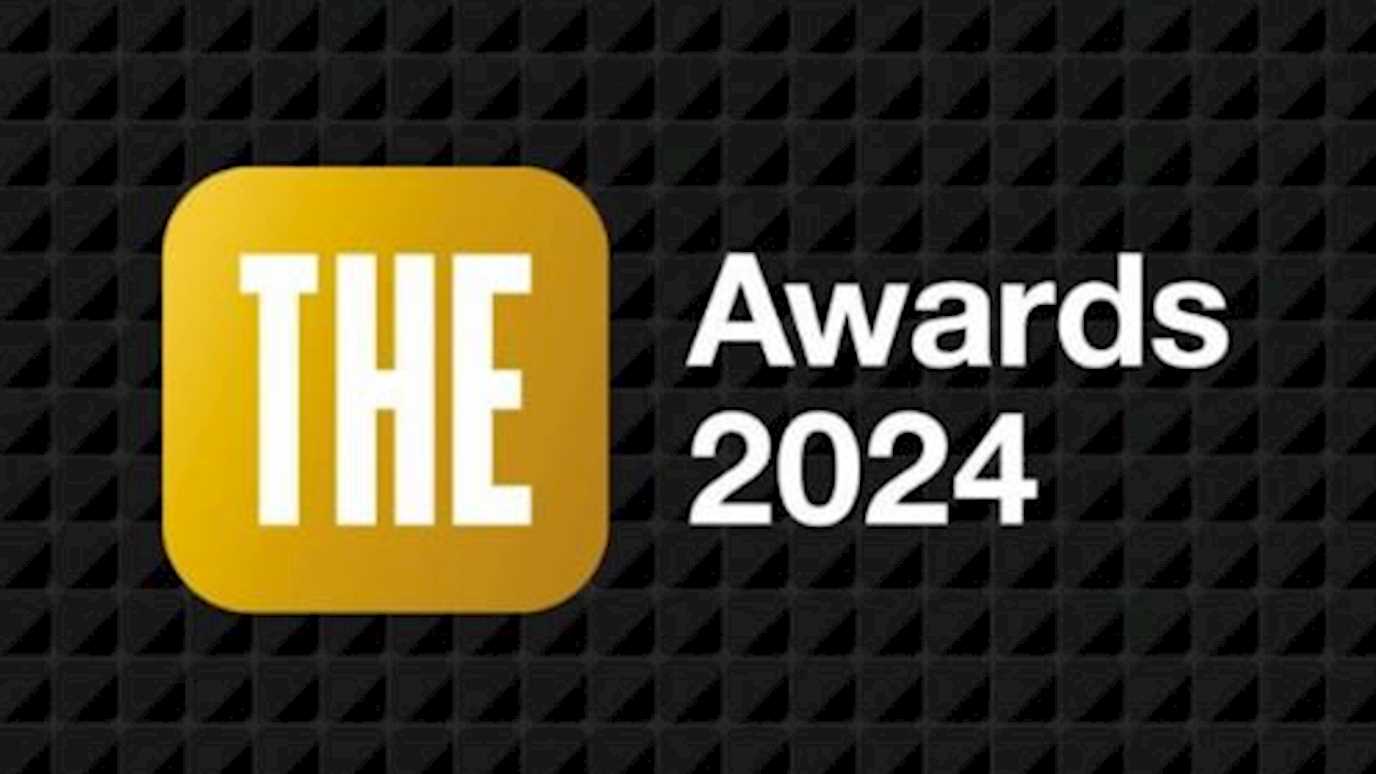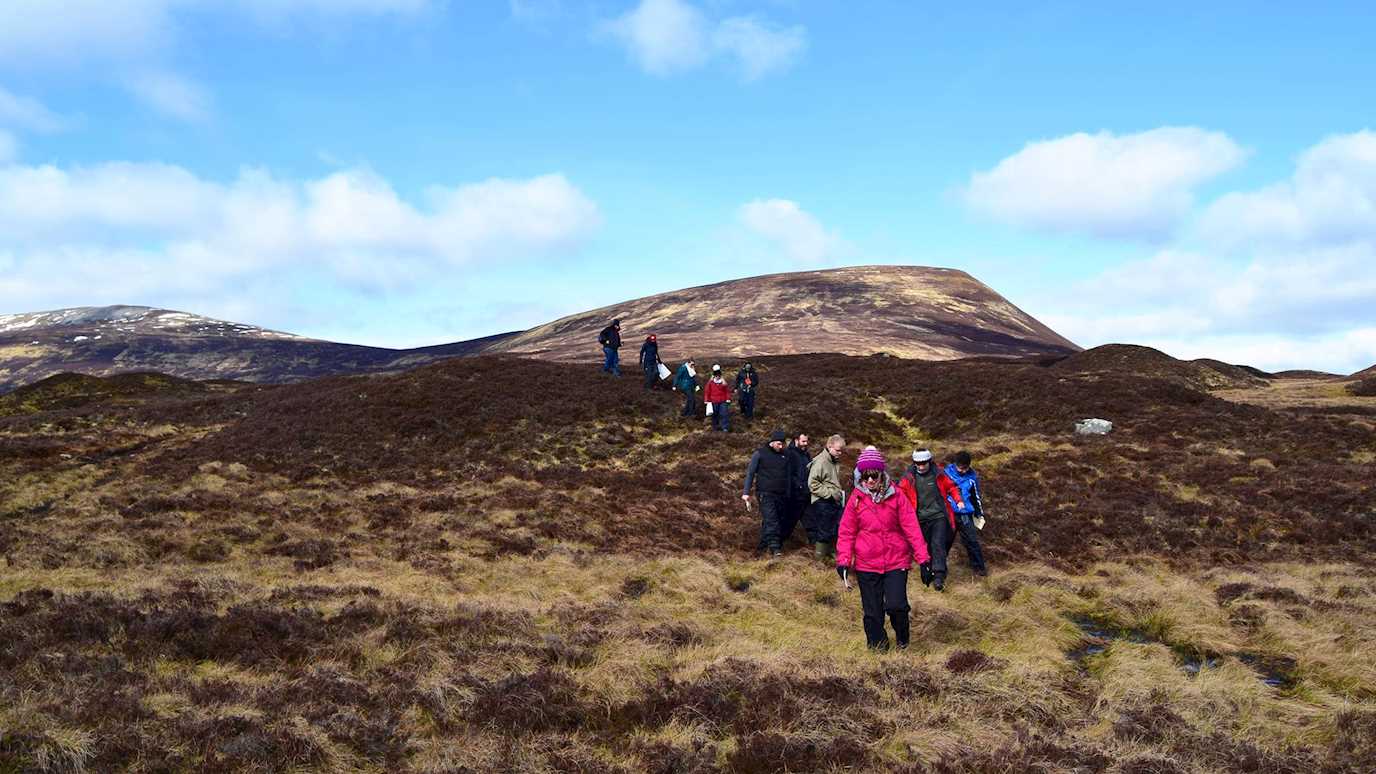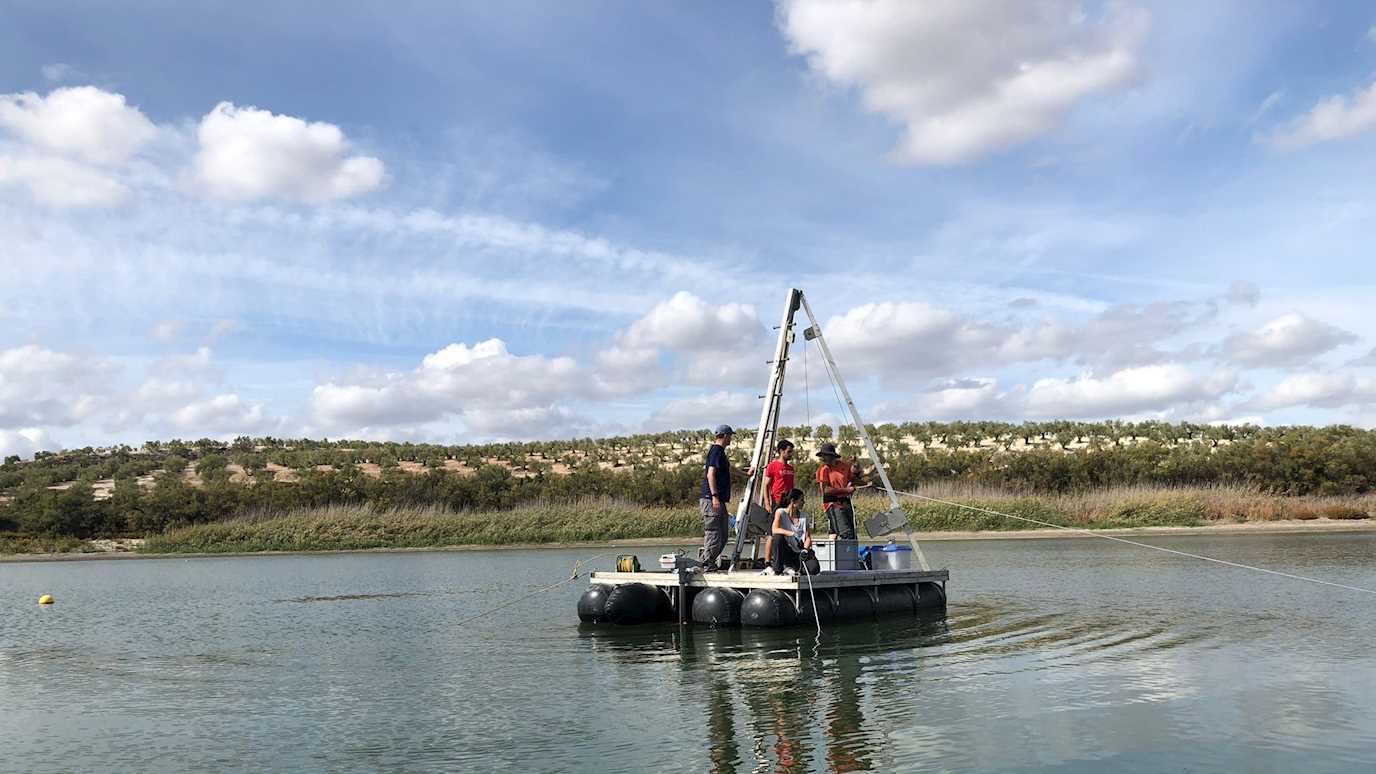A report by researchers at Royal Holloway in partnership with Royal Botanic Gardens, Kew highlights the potential of arts and humanities research to make major contributions to understanding contemporary issues of global public concern, from biodiversity loss and climate crisis to human health and well-being.

Wakehurst wild botanic garden: image credit Visual Air © RBG Kew
The Plant Humanities Report is the product of one of six innovative interdisciplinary projects commissioned by the UK’s Arts & Humanities Research Council (AHRC) under its ‘Where Next?’ scheme. These aim to explore and develop interdisciplinary research areas addressing major contemporary challenges and could form the basis for future investments and research initiatives.
Led by Felix Driver of Royal Holloway’s Department of Geography in collaboration with Caroline Cornish and Mark Nesbitt at Kew Gardens, the research for the new report involved a systematic review of hundreds of UK research projects in the emerging international field of Plant Humanities, concerned with plants and people across a wide range of disciplines. The researchers also consulted with one hundred leading researchers, curators and collections managers across a wide variety of universities, botanic gardens and museums. Their report concludes that Plant Humanities can make a particularly significant contribution in places where humanities and scientific research, learning and public engagement find a common home, and most notably in botanic gardens.
Welcoming the findings of the Plant Humanities project, Royal Holloway Principal, Professor Julie Sanders, said,
“In the words of the report - Plants and fungi matter profoundly to human culture, heritage and well-being. Royal Holloway continues to be a leader in Plant Humanities, working with key organisations in the field and this report sets out how the field can develop and what is needed to unlock the most important insights. Royal Holloway will undoubtedly play a key role in this future.”
Yota Batsaki, Executive Director at Dumbarton Oaks, a Research Institute of Harvard University, and a partner in the AHRC-funded project, added,
“The emerging field of plant humanities is powered by urgent questions of biodiversity, climate change, legacies of empire and racism, and the renewed resonance of natural history and living collections. This keystone report from Royal Holloway maps the interdisciplinary spaces where the sciences, arts, and humanities can collaborate around the focus on plants, and identifies the diverse audiences and resources - from natural history collections to digital repositories - that will shape future research, teaching, and outreach.”
The Plant Humanities Report can be found here: www.royalholloway.ac.uk/planthumanitiesreport.pdf
The key findings of the Plant Humanities Report are:
- there has been significant growth of funded research activity in the field of Plant Humanities since 2015
- a wide range of arts and humanities disciplines, approaches and topics are represented in these projects
- there is significant potential for partnership between university-based researchers and gardens, natural history museums and other organisations managing botanical assets
- there are a number of challenges to inter-sector working posed by issues of capacity, discipline-specific languages and skills deficits
- the most urgent research needs centred on the potential of botanical collections for arts and humanities research; Connecting biodiversity, equity and social justice; and Valuing green spaces for human wellbeing
- UKRI can make a key difference by supporting interdisciplinary research on culture, nature and the humanities, notably in a botanic gardens context.
All six reports to AHRC under the Where Next? scheme are available through the UKRI website.
























